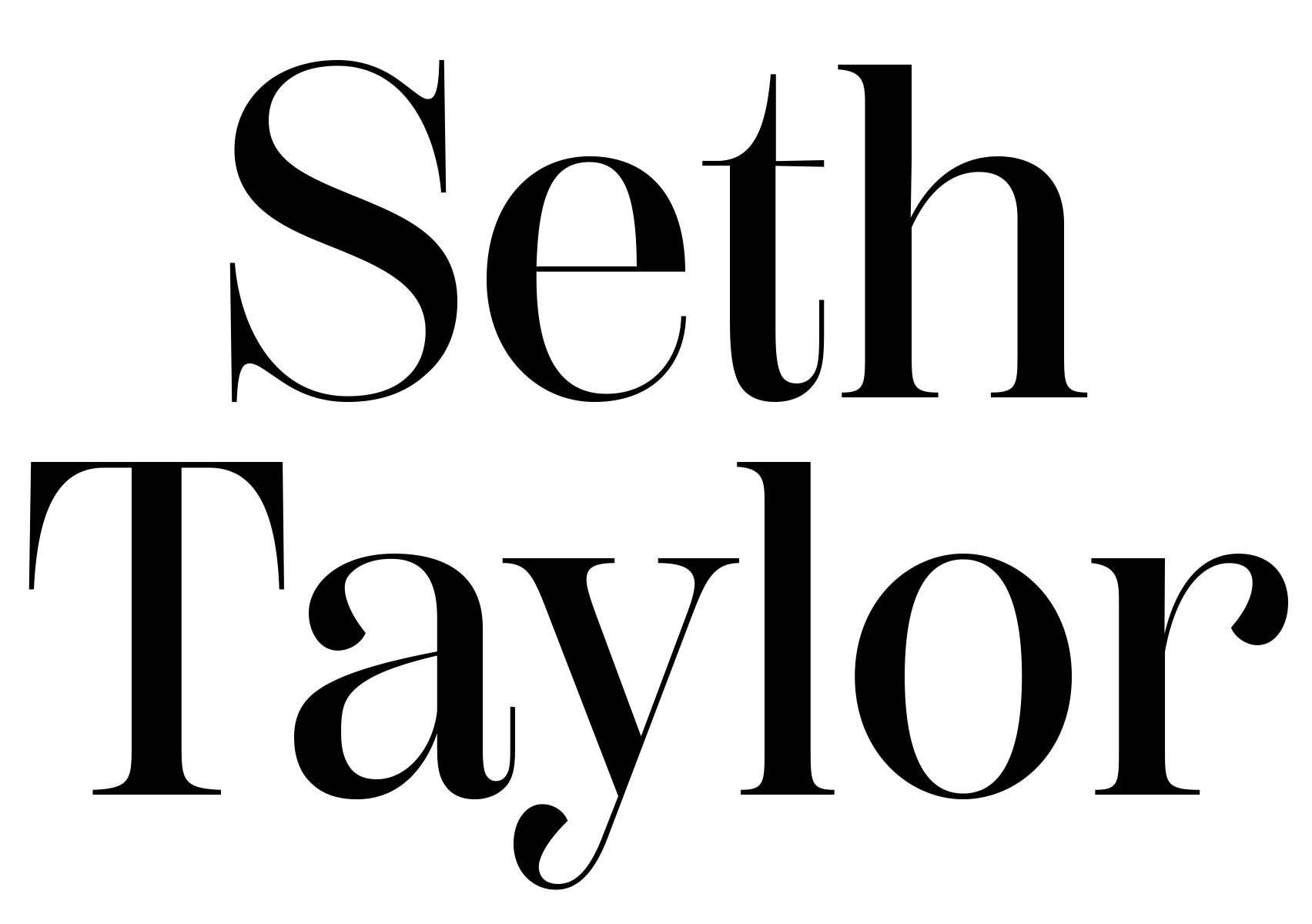Cory Doctorow’s “Little Brother” isn’t so much a story as it is a prolonged attack on privacy and government invasion. If that sounds familiar, that’s because it is essentially the same drive behind “1984”. While updating the message of Orwell’s classic is a good idea in principle, where Doctorow drops the baton is in execution–especially in regards to tone.
Orwell used lean and dour prose to paint a very real, and oppressive society that is as fascinating today as it was in 1948,
“Power is not a means; it is an end. One does not establish a dictatorship in order to safeguard a revolution; one makes the revolution in order to establish the dictatorship”
Little Brother on the other hand is both aggressive and thunderous in its thrust,
“It’s our goddamed city! It’s our goddamed country. No terrorist can take it from us for so long as we’re free. Once we’re not free, the terrorists win! Take it back! You’re young enough and stupid enough not to know that you can’t possibly win, so you’re the only ones who can lead us to victory!”
While this type of expression might work for Rage Against The Machine, in the context of a dystopian novel it just feels like a desperate cry for attention and it almost ruins the immersion of the reader. With every line of dialogue you can almost feel Doctorow digging his elbow into your side and proclaiming, “Get it?”
Another example of Little Brother’s failure to replicate the brilliance of Orwell is in its protagonist, Marcus Yallow, a tech savvy hipster meant to appeal to Generation Y. Marcus, a.k.a w1n5t0n (obvious reference to 1984) starts out being a fairly likeable protagonist overall, but when the novel hits it’s stride it becomes increasingly difficult not to think of him as merely an author surrogate. Ultimately, Cory Doctorow clearly understands great science fiction literature like “Brave New World” and “1984” but when it comes to his own work he doesn’t quite grasp the subtleties.
